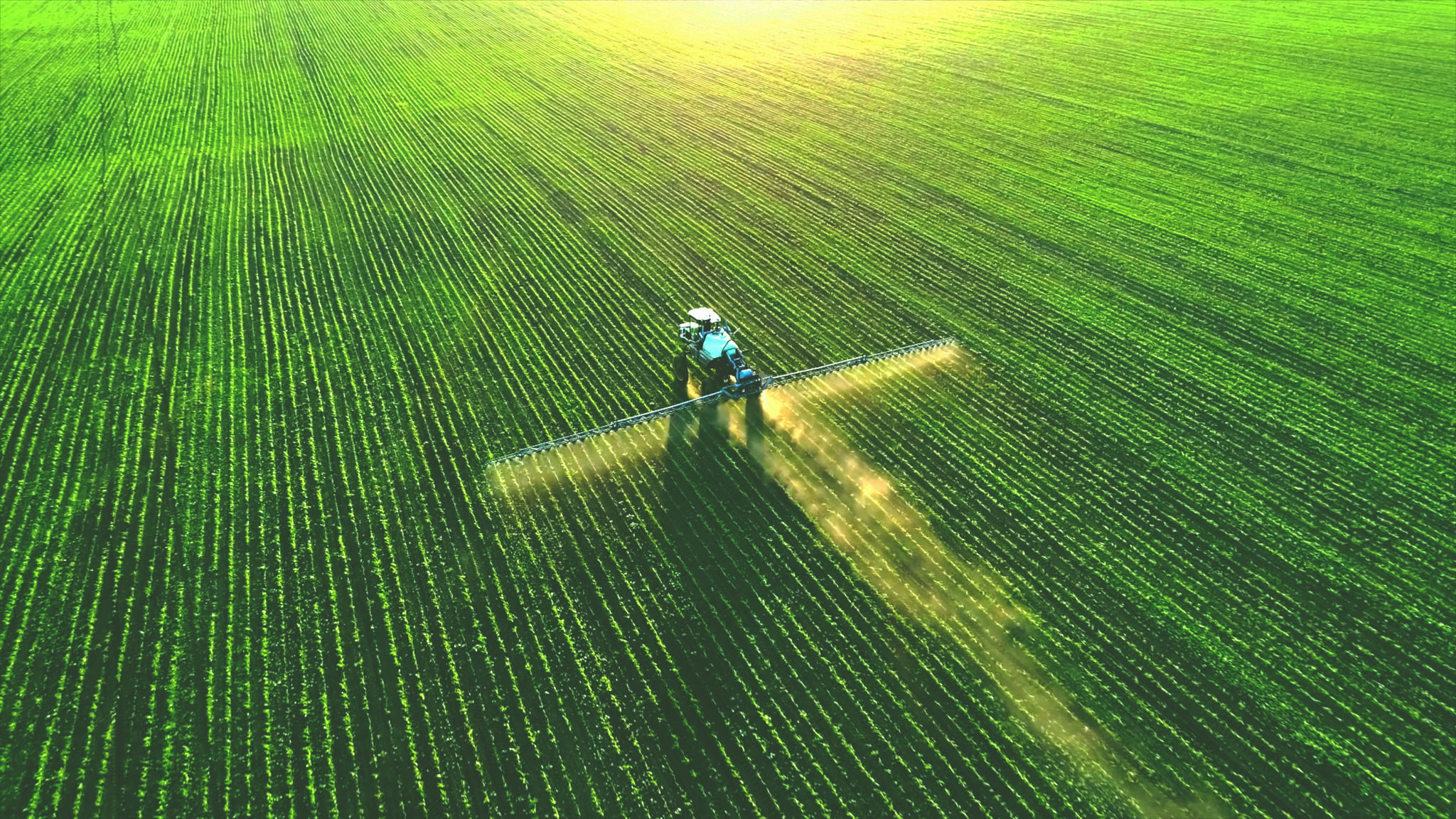Pest Control Trends: Innovations and Technologies to Watch
The Rise of Smart Pest Control
In recent years, the pest control industry has witnessed a significant transformation with the integration of smart technologies. These innovations not only enhance the efficiency of pest management but also promote environmentally-friendly practices. One of the most notable developments is the use of IoT (Internet of Things) devices that offer real-time monitoring and automated responses. By leveraging sensors and connected devices, pest control professionals can detect infestations early and implement targeted solutions.

These smart systems often involve the use of pheromone traps and ultrasonic devices, which can be controlled remotely. The data collected from these devices allows for precise interventions, reducing the need for broad-spectrum pesticides. This approach not only minimizes environmental impact but also ensures that pest control measures are tailored specifically to the problem at hand.
Biopesticides: A Natural Alternative
The shift towards sustainable pest control methods has led to a growing interest in biopesticides. Derived from natural materials such as plants, bacteria, and minerals, biopesticides offer a safer alternative to traditional chemical pesticides. They are designed to target specific pests, leaving beneficial insects and surrounding ecosystems unharmed.
Biopesticides are increasingly being used in both residential and agricultural settings due to their effectiveness and reduced risk of resistance development in pests. As research continues, new formulations are being developed that enhance their efficacy and broaden their application range.
Drone Technology in Pest Surveillance
Drones are revolutionizing pest control by providing an aerial perspective that was previously unattainable. Equipped with high-resolution cameras and thermal sensors, drones can quickly survey large areas to identify pest hotspots. This capability is particularly advantageous for agricultural sectors, where timely intervention is crucial to preventing crop damage.

By analyzing data collected from drones, pest control experts can devise targeted strategies that address specific issues with precision. This not only saves time and resources but also reduces the overall reliance on chemical treatments.
AI-Powered Pest Detection
Artificial intelligence (AI) is playing a pivotal role in advancing pest detection. AI algorithms can analyze vast amounts of data from various sources, such as cameras and sensors, to identify patterns indicative of pest activity. This technology allows for early detection, which is critical in preventing infestations from escalating.
Moreover, AI-driven systems can predict potential outbreaks by considering environmental factors and historical data. This predictive capability enables proactive measures, ensuring that pest problems are addressed before they become unmanageable.

Integrated Pest Management (IPM) Strategies
Integrated Pest Management (IPM) is an approach that combines multiple control methods to achieve effective pest management with minimal environmental impact. By integrating biological control agents, cultural practices, and mechanical tools, IPM strategies aim to maintain pest populations at acceptable levels.
This holistic approach emphasizes prevention and monitoring over traditional reactive measures. By focusing on long-term solutions and understanding the life cycles of pests, IPM reduces the need for chemical interventions and promotes sustainable practices.
The Future of Pest Control
The future of pest control lies in the continuous integration of cutting-edge technologies and sustainable practices. As the industry evolves, stakeholders are increasingly prioritizing methods that balance efficacy with environmental responsibility. With ongoing research and innovation, the capabilities of pest control technologies will only continue to expand.
As these trends unfold, the industry is poised to offer solutions that not only protect homes and businesses but also contribute to a healthier planet. By staying informed about these developments, consumers can make educated decisions about their pest management needs.
